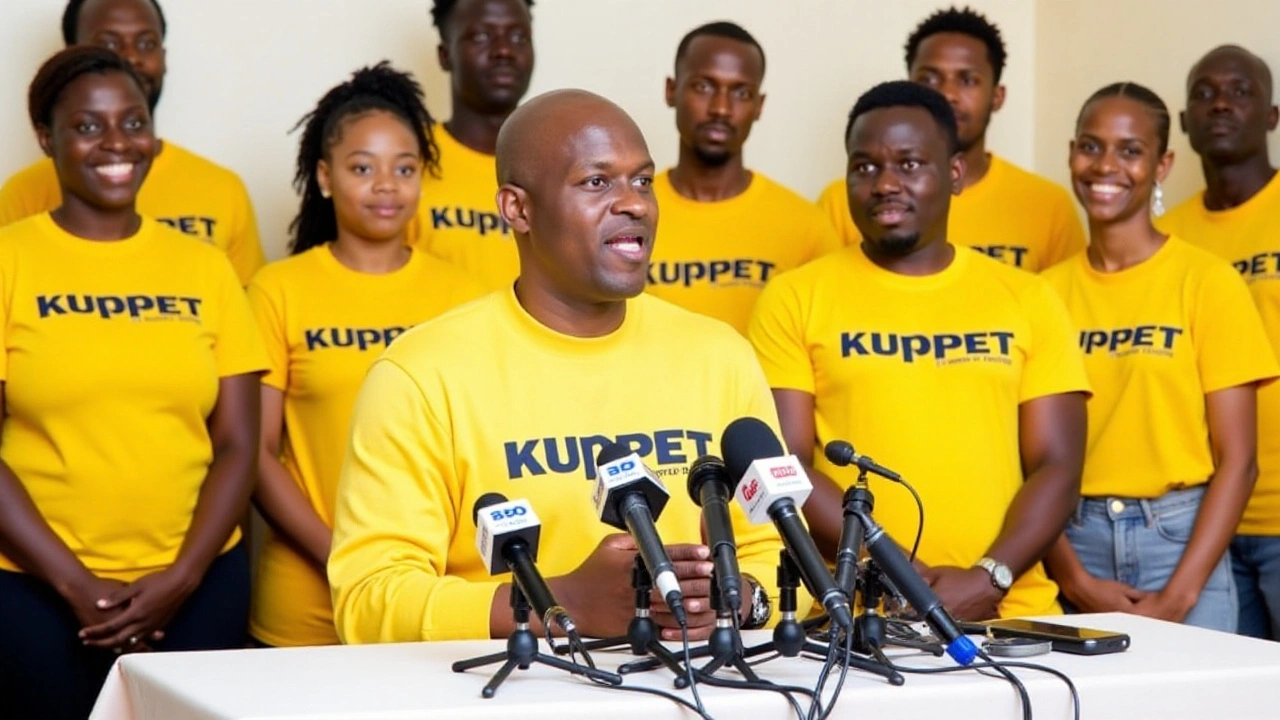Teachers' strike: what’s happening and why it matters
Across the country, teachers have walked off the job, leaving classrooms empty and families scrambling. The strike isn’t a surprise – teachers have been asking for better pay, smaller class sizes, and more resources for years. When negotiations stall, they take action to force a deal.
Most schools are closed or running with substitute staff. That means kids miss lessons, exams get pushed back, and parents have to rearrange work schedules or find cheap childcare. If you’re a parent, the first thing to do is check your school’s website or local news for the latest closure list. Many districts post daily updates, so a quick glance each morning can save a lot of hassle.
How the strike affects students
Missing school isn’t just about lost homework. Kids lose momentum in subjects that need regular practice, like math and reading. For high school seniors, the timing can be especially stressful if important exams are delayed. Teachers try to keep learning going with online assignments, but not every student has internet access or a quiet place to work.
One practical tip is to set a simple daily routine at home. Even an hour of reading or math practice can keep skills sharp. Use free resources like Khan Academy or local library programs – they often step up during strikes to offer extra tutoring.
What parents can do right now
First, talk to your child about what’s going on. Kids pick up anxiety from adults, so a calm explanation helps. Let them know it’s a temporary situation and that you’re working together to keep learning alive.
Second, look into community support. Many neighborhoods organize “strike schools” where volunteers host short lessons. Check social media groups for your area – they usually share meeting points and schedules.
Third, if you need childcare, ask coworkers or friends if they can swap kids for a few hours. Some companies even have emergency backup care policies for situations like this.
Finally, stay informed about the negotiation progress. Teachers’ unions often release statements on their websites and through local radio. When a tentative agreement is reached, schools will announce re‑open dates quickly.
While a teachers' strike can feel chaotic, a little planning goes a long way. Keep tabs on school notices, use free learning tools, and lean on community help. Most importantly, remember that the strike aims to improve conditions for teachers, which eventually benefits students with better classrooms and resources.
When the strike ends, schools usually hold catch‑up sessions. Be ready to support your child in handling the extra workload – break it into manageable chunks and celebrate small victories. With the right approach, the disruption can turn into a chance to show resilience and teamwork.
KUPPET Suspends Teachers' Strike After Productive Talks With Teachers Service Commission
The Kenya Union of Post-Primary Education Teachers (KUPPET) has called off the ongoing teachers' strike following a consultative meeting with the Teachers Service Commission (TSC). After reaching a tentative agreement, KUPPET's Secretary General Akelo Misori directed teachers to resume their duties immediately. The decision was influenced by negotiations and a court order scheduled for September 5.
View More





